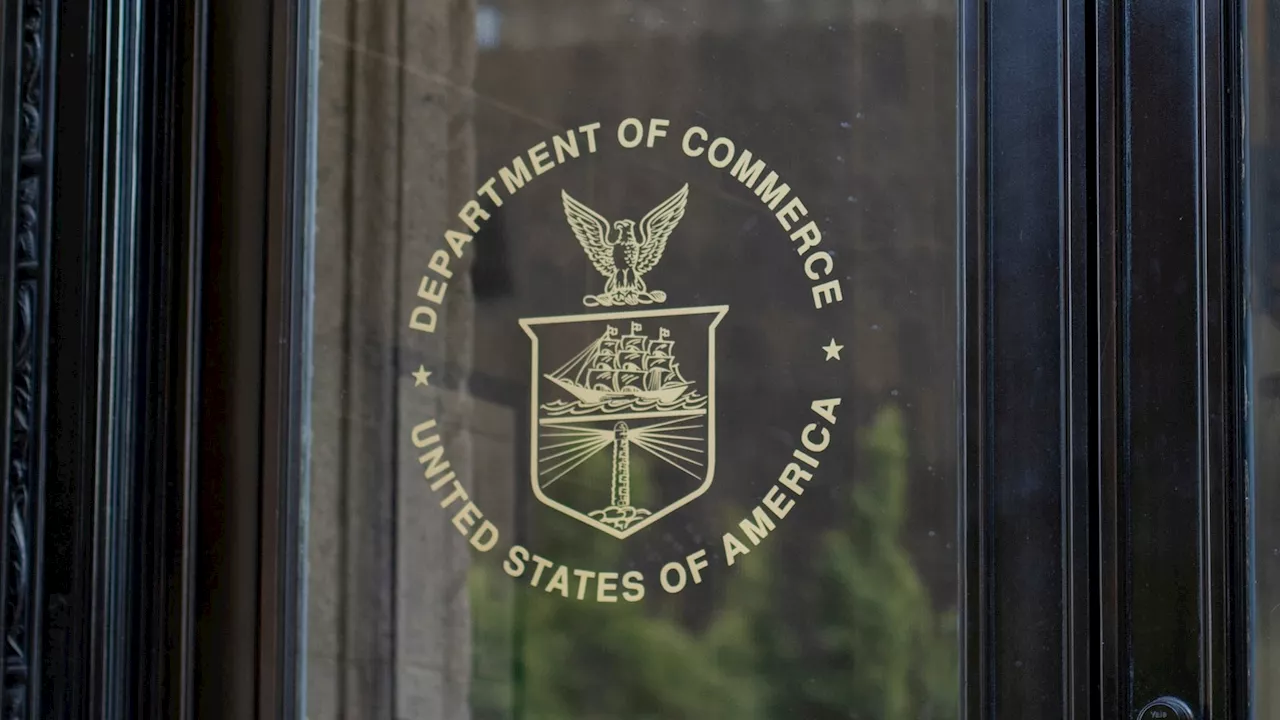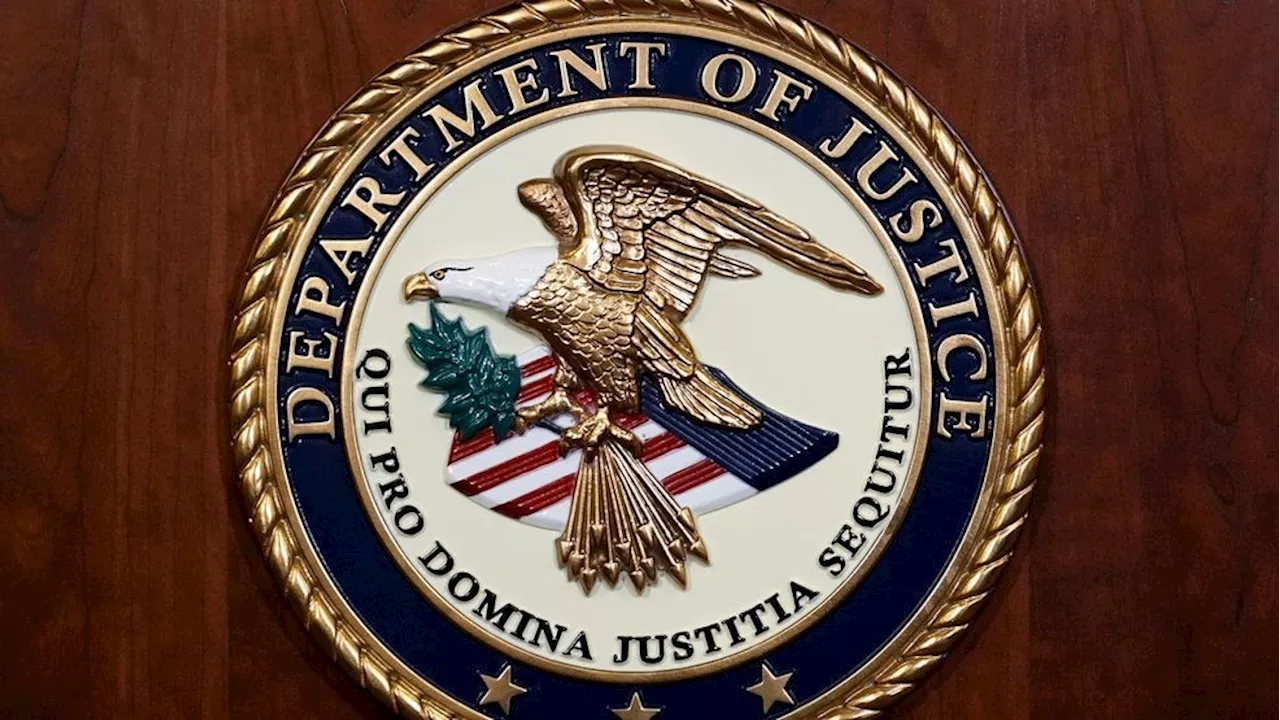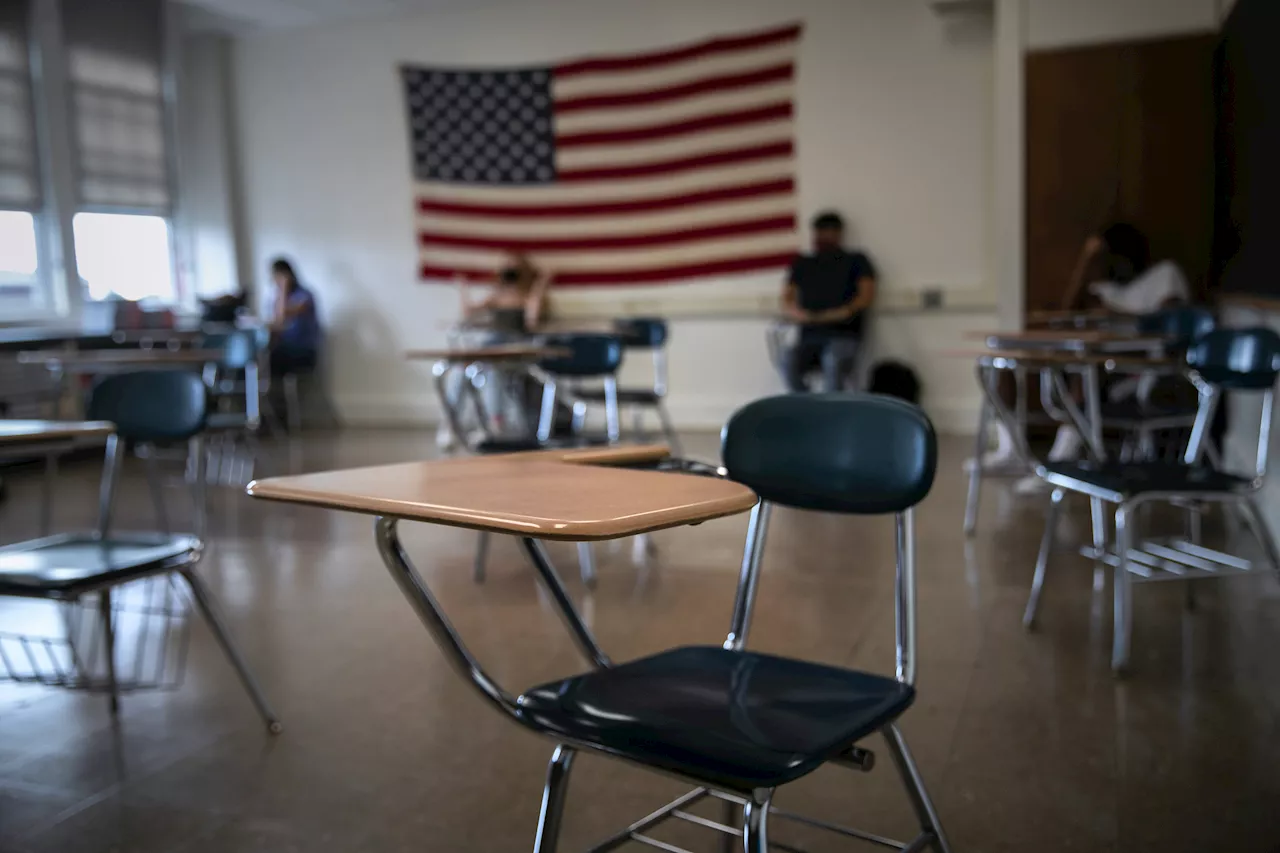A proposal by Oklahoma's Republican State Superintendent Ryan Walters aims to require parents enrolling children in public schools to provide proof of U.S. citizenship or legal immigration status. While the proposal wouldn't outright ban undocumented students from attending, it would mandate districts to track their enrollment. Critics argue the move could harm immigrant communities and potentially violate the 1982 Plyler v. Doe Supreme Court ruling guaranteeing education for all children regardless of immigration status.
For decades, children of families living in the country illegally have had the right to attend public school based on a 1982 Supreme Court decision known as Plyler v. Doe. Parents enrolling children in Oklahoma public schools would be required to provide proof of their child's U.S. citizenship or legal immigration status under a proposal aimed at helping.
The proposal, from Republican State Superintendent Ryan Walters, the state’s education chief, is in the early stages and would still need approval from lawmakers and the governor to take effect. The proposal would not prohibit students without legal status from attending schools but would require districts to keep a tally. A U.S. Supreme Court ruling in 1982 affirmed the right of children living in the country illegally to attend public schools, although some conservative lawmakers have questioned whether immigrants without legal residency should have the right to a public education. Walters has said he would support efforts by Trump to enforce immigration laws, including allowing federal agents with Immigrations and Customs Enforcement into Oklahoma schools. “Schools are crippled by the flood of illegal immigrants and the Biden/Harris open border policy,” Walters said in a statement. “Oklahomans and the country elected President Trump and we will do everything possible to help put Oklahoma students first.” Walters has spent much of his first term in office attacking what he describes as “woke” ideology in public schools, requiring Bible instruction in Oklahoma classrooms and attempting to ban books from school libraries. The plan has been sharply criticized by teachers and civil liberty groups and caused fear within Oklahoma's immigrant communities, said Rep. Arturo Alonso-Sandoval, a Democrat who represents Oklahoma City's heavily Hispanic south side. “The community is scared, obviously,” Alonso-Sandoval said. “The conversations I've had with parents, all they're doing is trying to provide the best opportunity for their kids, like any parents. They are starting to question: Do I unenroll my child from school?” At Oklahoma City Public Schools, one of the state's largest districts with a student population that is 57% Hispanic, Superintendent Jamie Polk said in a letter to parents and staff last month after the rule was first proposed that federal law guarantees every child's right to public education regardless of immigration status. “OKCPS does not, nor do we have plans to, collect the immigration status of our students or their families,” she said. For decades, children of families living in the country illegally have had the right to attend public school based on a 1982 Supreme Court decision known as Plyler v. Doe. In a 5-4 vote, justices held it is unconstitutional to deny children an education based on their immigration status. Alabama attempted a similar requirement for public schools to ask the immigration status of students as part of a sweeping immigration law in 2011, but the state ultimately agreed to permanently block those provisions after they had been temporarily halted by a federal appeals court. Immigration experts say attempts to undermine the Plyler decision should be taken seriously, pointing to recent Supreme Court rulings that have overturn longstanding precedents over abortion rights and affirmative action in higher education
IMMIGRATION EDUCATION PUBLIC SCHOOLS OKLAHOMA CITIZENSHIP PLYLER V. DOE SUPREME COURT REPUBLICAN DEMOCRAT SCHOOL BOARD
United States Latest News, United States Headlines
Similar News:You can also read news stories similar to this one that we have collected from other news sources.
 Auto Industry Fights New Safety Rule Requiring Automatic Emergency BrakingThe auto industry is challenging a new US safety rule that would require all cars and light trucks to be equipped with automatic emergency braking (AEB) technology. The rule, set to take effect in four years, is estimated to save at least 362 lives annually. Road safety experts applaud the regulation, while automakers argue it will be costly and difficult to implement. This isn't the first time the industry has resisted safety advancements, a history that includes fighting against speed governors and opposing Ralph Nader's landmark book 'Unsafe at Any Speed'.
Auto Industry Fights New Safety Rule Requiring Automatic Emergency BrakingThe auto industry is challenging a new US safety rule that would require all cars and light trucks to be equipped with automatic emergency braking (AEB) technology. The rule, set to take effect in four years, is estimated to save at least 362 lives annually. Road safety experts applaud the regulation, while automakers argue it will be costly and difficult to implement. This isn't the first time the industry has resisted safety advancements, a history that includes fighting against speed governors and opposing Ralph Nader's landmark book 'Unsafe at Any Speed'.
Read more »
 CFPB Proposes Rule to Protect Gamers Using Virtual CurrenciesThe Consumer Financial Protection Bureau (CFPB) is proposing a new rule to interpret the Electronic Fund Transfer Act (EFTA) and extend its consumer protections to some virtual currencies used in gaming and cryptocurrency platforms. The proposal aims to address issues gamers face with unauthorized transactions, account hacks, scams, and difficulty obtaining refunds from gaming companies and financial institutions. The CFPB seeks feedback from gamers on the proposed rule by March 31, 2025.
CFPB Proposes Rule to Protect Gamers Using Virtual CurrenciesThe Consumer Financial Protection Bureau (CFPB) is proposing a new rule to interpret the Electronic Fund Transfer Act (EFTA) and extend its consumer protections to some virtual currencies used in gaming and cryptocurrency platforms. The proposal aims to address issues gamers face with unauthorized transactions, account hacks, scams, and difficulty obtaining refunds from gaming companies and financial institutions. The CFPB seeks feedback from gamers on the proposed rule by March 31, 2025.
Read more »
 CFPB Proposes Rule to Extend Consumer Protections to Virtual Currencies in GamingThe Consumer Financial Protection Bureau (CFPB) is proposing a rule that would interpret the Electronic Fund Transfer Act (EFTA) to include virtual currencies used in gaming and cryptocurrency platforms. This move aims to protect gamers from unauthorized transactions, account hacks, scams, and other financial risks associated with these virtual currencies.
CFPB Proposes Rule to Extend Consumer Protections to Virtual Currencies in GamingThe Consumer Financial Protection Bureau (CFPB) is proposing a rule that would interpret the Electronic Fund Transfer Act (EFTA) to include virtual currencies used in gaming and cryptocurrency platforms. This move aims to protect gamers from unauthorized transactions, account hacks, scams, and other financial risks associated with these virtual currencies.
Read more »
 Commerce Department Proposes Rule to Secure Drone Technology Supply ChainThe U.S. Department of Commerce seeks to protect the drone technology supply chain from foreign adversaries like China and Russia by proposing a new rule to address national security risks.
Commerce Department Proposes Rule to Secure Drone Technology Supply ChainThe U.S. Department of Commerce seeks to protect the drone technology supply chain from foreign adversaries like China and Russia by proposing a new rule to address national security risks.
Read more »
 FDA Proposes New Rule to Limit Nicotine in Tobacco ProductsThe U.S. Food and Drug Administration (FDA) proposed a rule on Wednesday to limit nicotine levels in cigarettes and other tobacco products, aiming to reduce addiction and make quitting easier. If finalized, the U.S. would be the first country to implement such a limit.
FDA Proposes New Rule to Limit Nicotine in Tobacco ProductsThe U.S. Food and Drug Administration (FDA) proposed a rule on Wednesday to limit nicotine levels in cigarettes and other tobacco products, aiming to reduce addiction and make quitting easier. If finalized, the U.S. would be the first country to implement such a limit.
Read more »
 DOJ Finds Oklahoma Discriminates Against People with Behavioral Health IssuesThe U.S. Department of Justice (DOJ) has accused the state of Oklahoma, Oklahoma City, and the Oklahoma City Police Department (OKCPD) of discriminating against individuals with behavioral health disabilities. The DOJ alleges that Oklahoma unnecessarily institutionalizes adults with behavioral health disabilities in Oklahoma County and that the city and OKCPD engage in discriminatory practices when providing emergency response services.
DOJ Finds Oklahoma Discriminates Against People with Behavioral Health IssuesThe U.S. Department of Justice (DOJ) has accused the state of Oklahoma, Oklahoma City, and the Oklahoma City Police Department (OKCPD) of discriminating against individuals with behavioral health disabilities. The DOJ alleges that Oklahoma unnecessarily institutionalizes adults with behavioral health disabilities in Oklahoma County and that the city and OKCPD engage in discriminatory practices when providing emergency response services.
Read more »
